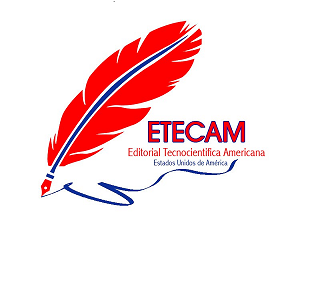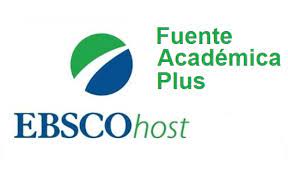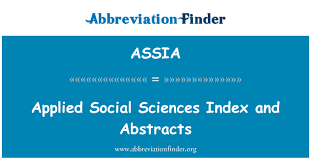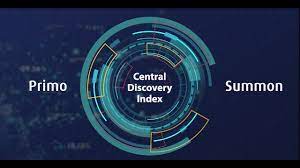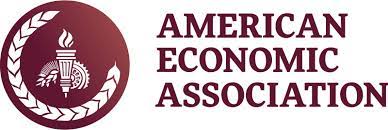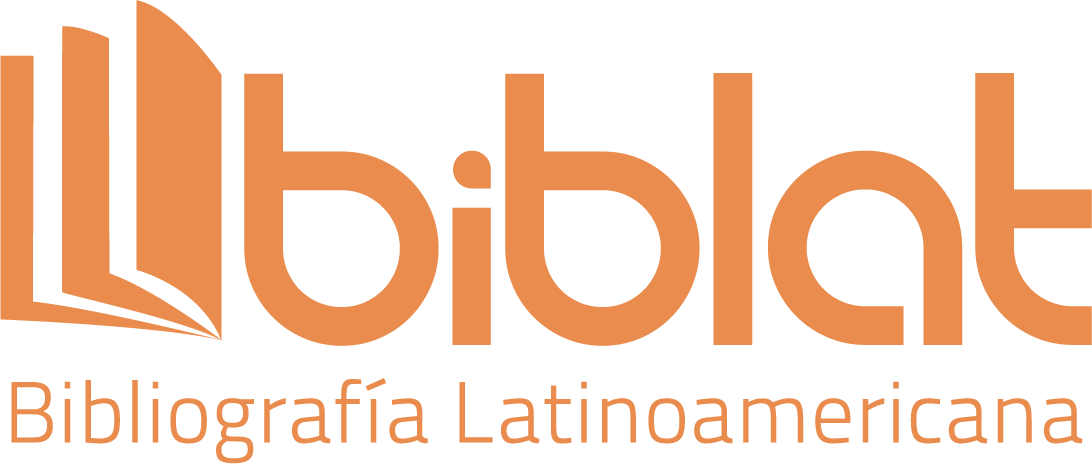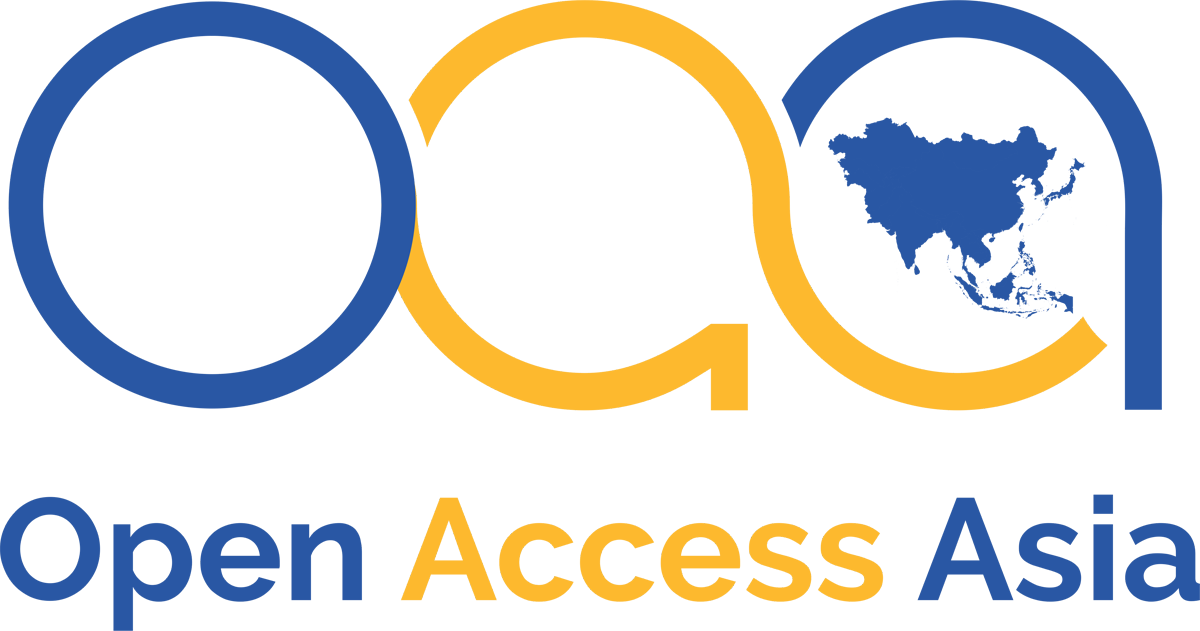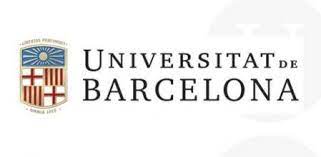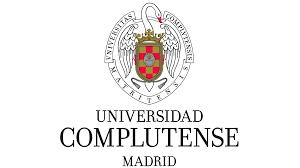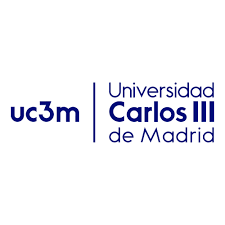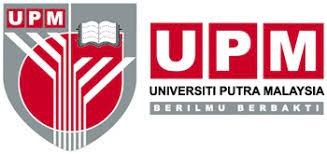Gamification as a strategy for the development of addition and subtraction calculation skills in second year general basic education students
DOI:
https://doi.org/10.51736/sa.v7i3.341Keywords:
gamification, didactic strategy, calculation skillsAbstract
Gamification as a strategy for the development of calculus skills contributes to the formation and internalization of the concepts of addition, subtraction, multiplication, and division, which are characterized by a high level of abstraction and generalization. The objective of the research was to develop a gamified didactic strategy for the development of addition and subtraction calculation skills in second-year students of General Basic Education in the Educational Unit “Enrique Malo Andrade”, Ecuador. A research process based on the empirical-analytical paradigm was developed using a pre-test/post-test design with a single group. The scientific research developed was structured in the phases of initial diagnosis, design of the gamified didactic strategy, and validation of the designed didactic strategy. In the diagnostic phase, through the application of the standardized pedagogical test to students and the interview questionnaire to teachers, a low level of development of calculation skills, the application of successions of algorithmic indications to calculate, and the implementation of control procedures were identified. The assessment by experts and the implementation of the gamified didactic strategy made it possible to offer a significant contribution to guide the direction of the teaching-learning process of addition and subtraction exercises of natural numbers, through the integration of the playful activity motivating the active and conscious participation of the students of the second year of General Basic Education in the Educational Unit “Enrique Malo Andrade”.
Downloads
References
Álvaro-Tordesillas, A.; Alonso-Rodríguez, M.; Poza-Casado, I., & Galván-Desvaux, N. (2020). Gamification experience in the subject of Descriptive Geometry for Architecture. Educación XX1: Revista de la Facultad de Educación, 23(1), 373-408, DOI: 10.5944/educXX1.23591
Calle-Carracedo, M., López-Torres, E., Miguel-Revilla, D, & Carril-Merino, M.T. (2022). Escape rooms en la formación inicial del profesorado de Ciencias Sociales: valoración y potencial educativo. Educación XX1: Revista de la Facultad de Educación, 25(2), 129-150. DOI:https://doi.org/10.5944/ educxx1.31440.
Chacón, J. P., Marín, D. & Vidal, M. I. (2019). Bibliometría aplicada a la gamificación como estrategia digital de aprendizaje. Revista de Educación a Distancia (RED), 19(60). DOI: http://dx.doi.org/10.6018/red/60/05.
Chaves, B. (2019). Revisión de experiencias de gamificación en la enseñanza de lenguas extranjeras. ReiDoCrea, 8, 422-430.
Cifuentes, S. C., Ros , C., Fernández, R. & Guerrero, E. (2021). Análisis de la competencia digital docente y uso de recursos TIC tras un proceso de intervención universitario, basado en la implementación de una metodología innovadora de gamificación. Bordón. Revista de Pedagogía, 72(2), 41-61. DOI:http://dx.doi.org/10.13042/Bordon.2021.87134.
Espinales, A. M. (2018). Gamificación en el desarrollo de la competencia matemática: plantear y resolver problemas. Sinapsis: la revista científica del ITSUP, 1(12), 7.
Eguia, J. L., Contreras, R. S., Revuelta, F. I., Guerra, J., Pedrera, M. I., ... & Morales, J. (2017). Experiencias de gamificación en aulas. Universitat Autònoma de Barcelona. Institut de la Comunicació.
García, C. & Martín, M. L. (2021). Aprendizaje autorregulado y gamificación en educación superior: propuesta de un modelo de análisis. Revista española de Pedagogía. 79(279), 341-362).
Hernández-Sampieri, R., Fernández, C. & Baptista, P. (2018). Metodología de la investigación: las rutas cuantitativa, cualitativa y mixta. McGraw-Hill México.
Martínez, G. & Ríos, J. F. (2019). Gamificación como estrategia de aprendizaje en la formación de estudiantes de Ingeniería. Estudios Pedagógicos (Valdivia), 45(3), 115-125. DOI: 10.4067/S0718-07052019000300115.
Molina-García, P. F., Molina-García, A. R. & Gentry-Jones, J. (2021). La gamificación como estrategia didáctica para el aprendizaje del idioma inglés. Dominio de las ciencias, 7(1), 722-730. DOI: http://dx.doi.org/10.23857/dc.v7i1.1672.
Paladines, L. J. G., & Mediavilla, C. M. A. (2021). Gamificación como estrategia de motivación en el proceso de enseñanza y aprendizaje. Revista Arbitrada Interdisciplinaria Koinonía, 6(3), 329-349.
Ramos, L. C. L., Casillas, S. F., & Rábano, A. R. (2021). Gamificación: una estrategia de enseñanza de las matemáticas en secundaria. EDUCATECONCIENCIA, 29(Especial) 124-146.
Trigueros-Ramos, R., & Navarro, N. (2019). The influence of the teacher on the motivation, learning strategies, critical thinking and academic performance of high school students in Physical Education. Psychology, Society and Education, 11(1), 137–150. https://doi.org/10.3390/ijerph17239089
Villalustre, L., & del Moral, M. E. (2015). Gamificación: Estrategia para optimizar el proceso de aprendizaje y la adquisición de competencias en contextos universitarios. Digital Education Review, (27), 13-31.
Published
How to Cite
Issue
Section
License
Copyright (c) 2024 María Cecilia Cobos Fernández, Hilda Mercedes Idrovo Torres, Wilber Ortiz Aguilar

This work is licensed under a Creative Commons Attribution-NonCommercial-ShareAlike 3.0 Unported License.













